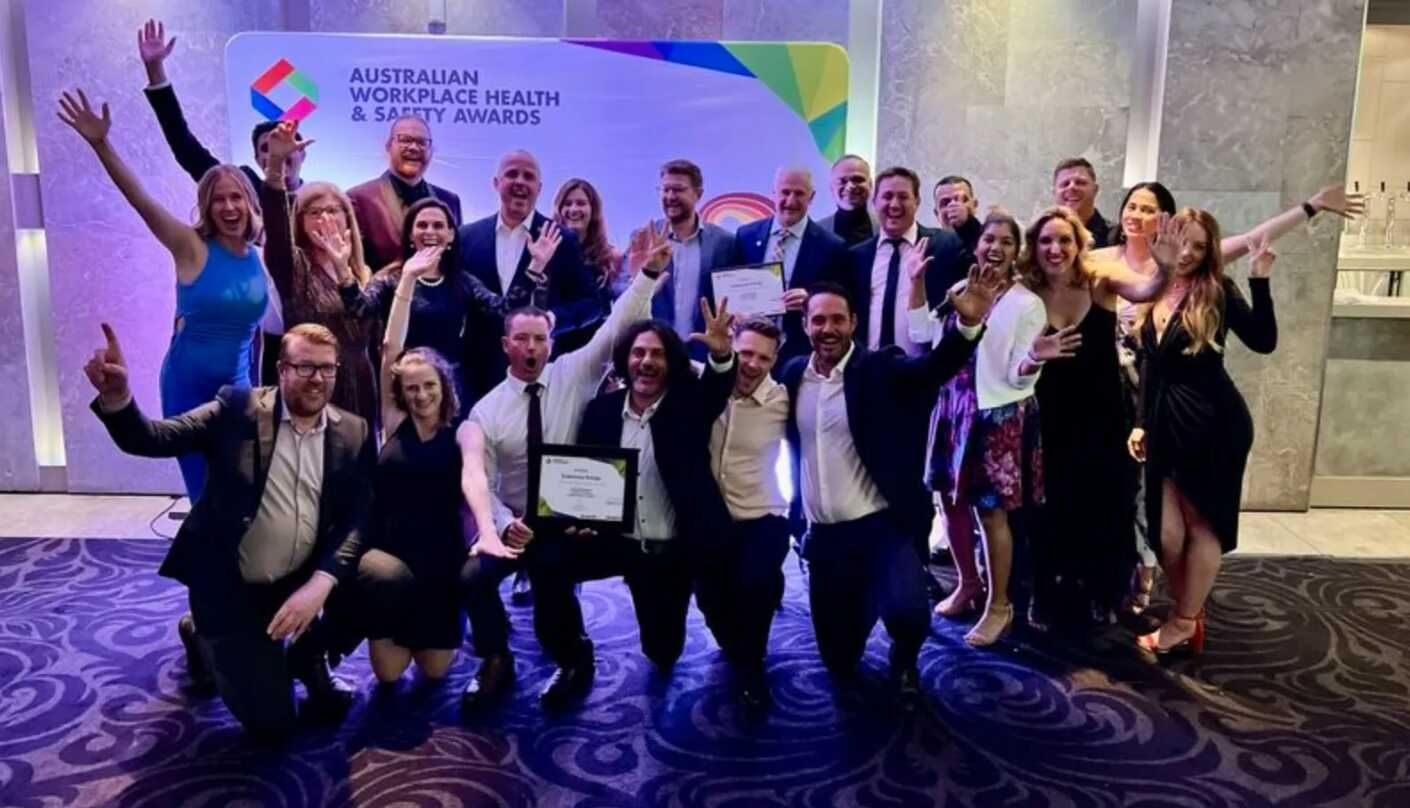Nominations Process now open for Australian Workplace Health & Safety Awards
Australian Workplace Health & Safety Awards

We are pleased to share the Nominations Process is now open!!
The Australian Institute of Health & Safety, in partnership with Zenergy Safety, Health & Wellbeing, is proud to present the Australian Workplace Health & Safety Awards for 2023 with the awards and Gala dinner to be held on Thursday 31st August 2023.
We invite you to nominate your organisation or an individual in your organisation for the awards at via the link below.
The awards provide national recognition to organisations and individuals who are demonstrating excellence and innovation in the field of Workplace Health & Safety. They recognise 11 individual and organisational achievements. Organisations of all sizes are encouraged to nominate individuals or initiatives they believe are worth of the recognition.
In 2022 there were over 500 nominations, with 12 winners and a gala awards evening event attended by over 250 people. The launch of the official new microsite has dedicated links to nomination pages, criteria and all other information. Follow the link:
https://awhsa.org.au/
Eligibility & Important Dates
The Australian Workplace Health and Safety Awards is open to government, non-government and private organisations operating in Australia that have an Australian Business Number (ABN), and to individuals who are currently employed and working within the field of WHS in Australia.
Individual Award categories have specific eligibility criteria in addition to the above which is specified on the relevant awards within the AWHSA website.
- NOMINATIONS OPEN: 1st April – 12th May 2023
- JUDGING: 15th May – 16th June 2023
- FINALISTS ANNOUNCED: 21st June 2023
- GALA EVENING: Thursday, 31st August 2023 in Melbourne
For further information reach out to the team at Zenergy on 1300 333 400
Contact Us
Zenergy News






